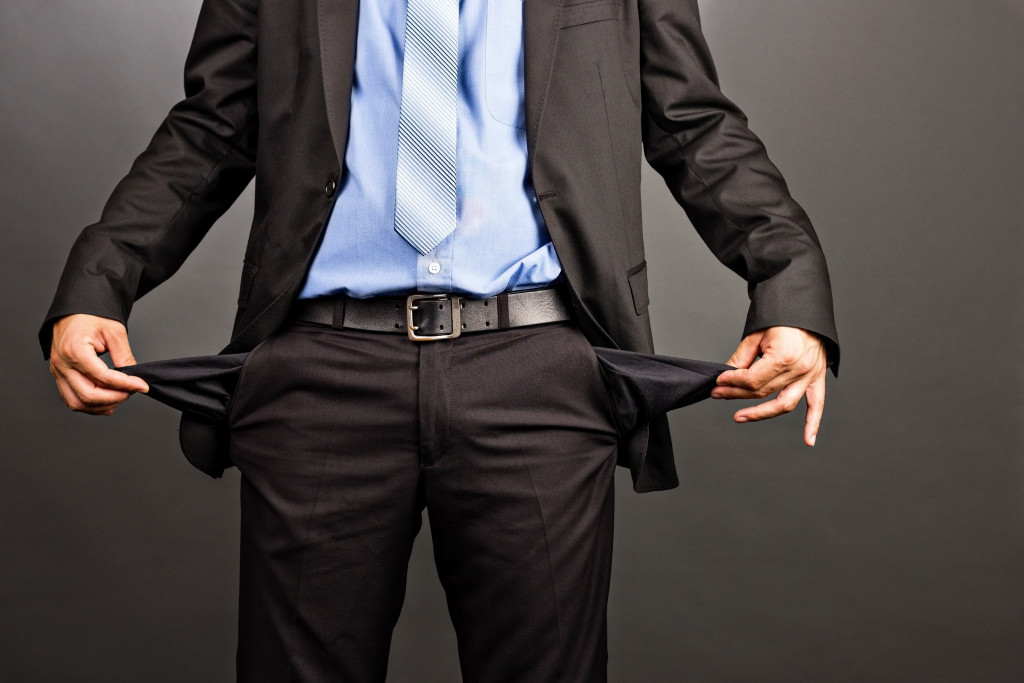Financial independence is a long and arduous goal, but it’s worth it through and through. It’s good not only for your financial status but also for your overall health. Studies have shown that those who are financially stable are mentally and physically healthier. Today, you’re on the right track because we’re going to talk about how to be economically independent.
The Secret to Financial Independence
The short answer is in your habits. Yes, the secret to financial independence lies within your routines. If you have a practice of planning, you’re planning for success. The first step to financial independence is a solid strategy. And to have a system, you must first identify your goals and plan accordingly.
The next thing you need to do is to invest. Investing is a way to acquire passive wealth. It is best to diversify your portfolio, and this means you should invest in various things. Don’t put all your eggs in one basket. In other words, invest in stocks, bonds, gold, and even real estate. Real estate is one of the best ways to support all of these because the land is an appreciating asset.
Once you have your savings and investment settled down, the next thing you need to do is to protect yourself. Invest in good insurance. It protects your income and your protection from unexpected expenses due to accidents or perhaps critical illnesses. It also helps you save more money for your plans.
Bankruptcy
As a business owner, bankruptcy will probably sometimes feel like the end of the world. To many, it will be the end of a business venture. But to many more, it is just the beginning of a complicated and tedious journey.
Filing for bankruptcy destroys your credit. Banks and other lending institutions will probably avoid you like the plague. And even if you do manage to make a loan, you won’t benefit from lower interest rates. You have to deal with complicated terms and conditions.
Bankruptcy will also not be the answer to all of your problems, and even start a myriad of them. For starters, it won’t discharge you off all your debts. And you’ll probably have several creditors tailing on you like predators.
You will likely lose a number of your properties, and if it’s a business, then several non-essential assets. In addition, you will lose some tax benefits, such as refunds during the period of bankruptcy. And as a business owner, you might even have to deal with employment complications because there will be some positions you will no longer be able to take.

Many people will feel like they are a failure. They’re going to lose confidence in their skills and talent. They’re going to be depressed, and most will likely engage in unhealthy coping mechanisms. That’s why it’s important to remind others that bankruptcy can be a good thing.
First of all, filing for bankruptcy is going to protect you from harassment by your creditors. Even if you are in debt, you must remember that there are things creditors cannot do. They come to your doorsteps and pretend to work for government agencies to get you to pay.
Creditors cannot threaten to arrest you, especially not with criminal charges. It’s good to remember that creditors, banks, agencies, and other lending institutions cannot issue a warrant of arrest. Neither can they shame you publicly. And most of all, they can’t collect the debt you don’t owe.
Creditors cannot harass you, and if they do, they deal with the law. They cannot threaten you with violence or even verbally abuse you. They cannot be a constant bother by calling you so much or flooding your emails. And if you hire a bankruptcy attorney, you will know what steps to take against them and how to protect your interest.
Filing for bankruptcy stays with debt lawsuits from creditors and prevents wage garnishment. It can also remain in foreclosure and can ensure repossession of some of your properties. And in court, especially with legal aid, you will be able to determine the debts and their value.
The Bottom Line
What you need to remember is that bankruptcy is not the end for you and your business. A financial upset does not make you an outcast or outlaw. It is simply a beginning.
When you’re at the bottom, there’s nowhere else to go but up. And the same is true with bankruptcy. You can still earn; you can still pay your obligations in the future. It’s all a matter of working through things from the bottom. It doesn’t make accomplishments in the future impossible.

